Seth Mandel: Sinwar Stands Alone
More important, however, is that his communications network—Hamas deputies abroad, Hezbollah officials, Iranian government officials, Haniyeh in Qatar—has already been badly disrupted. His isolation means he is even more powerful within Hamas, but that is because now he is Hamas. And it also means that Sinwar is nothing more than an Iranian satrap.Enough of waiting for disasters, Israel should strike pre-emptively
That works for Sinwar, for now. But it’s a cult as much as it’s a movement. And Sinwar’s vision is a maniacal march to Armageddon, not a blueprint for governing. When the Israeli journalist Shlomi Eldar talked to members of the Palestinian old guard who had left Gaza, they made clear to him just how much “the entire leadership had been taken captive by the Sinwar group’s deranged idea of an all-out battle. They had an orderly plan and they believed they were fulfilling a divinely ordained mission.”
Israel would fall, the Sinwar fanatics believed, in what they called the fulfillment of “the last promise.” Now the Sinwar fanatics are all Hamas has left. The terror group is planning a fight to the death with Israel, and the odds aren’t on Sinwar’s lonely side.
And that description of the conflict isn’t really in doubt anymore, either. Sinwar is now Hamas’s political “wing,” its military “wing,” and any other chimerical “wing.” Large terror groups like Hamas have different departments, sure, but the West has always fooled itself into believing there’s a fundamental difference between the guy playing Good Cop and the guy playing Bad Cop. In reality, they’re all the Bad Cop. And now there’s not even someone opposite Sinwar to pretend that a compromise is in the works and the West just has to keep making concessions to the “moderates” so the hardliners don’t lose their temper.
Sinwar was the mastermind behind October 7. That’s who he is, that’s who Hamas is, and there’s no plausible way to pretend otherwise.
Israelis are on edge this week, awaiting an Iranian attack in retribution for the recent killings of two senior terrorists. While the Israeli military’s Home Front Command has encouraged the public to continue with their daily lives, a sense of fear and anxiety permeates Israeli society.Gallant: Hezbollah could cost Lebanese dearly, ‘they can’t imagine what might happen’
Israeli defense officials assess that an Iranian counterattack will come in a matter of days.
Iran and its proxies have threatened to avenge last week’s assassinations. Israel took responsibility for the targeted killing of Fuad Shukr of the Lebanese-based Hezbollah in Beirut a week ago. It did not acknowledge playing a role in the assassination of Hamas political leader Ismail Haniyeh in Tehran last Wednesday, but it is widely believed to be behind the operation.
The threats by Iran have put Israel on high alert, although Israeli officials have repeatedly said that the country is prepared for a multifront attack. An attack of that sort could lead to a wide-scale regional war, one much larger than the mostly localized Israel-Hamas conflict that has been raging for ten months.
As tensions rise, some in Israel have called for a preemptive strike on Iran and its proxies. According to Israeli media reports, the country’s leadership would consider such a strike if it had solid evidence that Iran was planning a significant attack.
A poll conducted by the 103FM radio station published Tuesday showed that half of the Israeli public favors such a strike.
Ambassador Alan Baker, who directs the Institute for Contemporary Affairs at the Jerusalem Center, told The Media Line that Israeli and American decision-makers will consider whether a preemptive Israeli strike would prevent a larger regional war.
“Israel and the US will probably have positive evidence which will then enable them to justify whatever action is proportionate to the immediacy of the threat,” he said. An attack looms
With a major flare-up hours or days away, Israel is building an international coalition, led by the US, to help thwart an attack by Iran and its proxies. A similar alliance helped Israel last April when Iran launched over 300 missiles and drones toward Israel.
The previous Iranian onslaught was in response to Israel’s killing of several Islamic Revolutionary Guard Corps officers at the Iranian consulate in Damascus, an attack Tehran considered a breach of its sovereignty. Iranian press branded its counterstrike as the “largest drone attack” ever launched, but Israel’s multilayered defense systems, together with American, British, French, and Jordanian forces, intercepted nearly all incoming weapons. One child was severely injured in the attack, and there was no major damage reported.
Israel retaliated against several military sites in Iran a few days later. That strike concluded the round of violence until last week, when a direct confrontation between the two rivals grew closer than ever before.
Now the region braces for more violence, with an expectation that Iran will try to upstage its previous attack.
“Any attack that Israel will carry out larger than the previous one in April will be considered a major escalation,” Professor Danny Orbach, a military historian at the Hebrew University of Jerusalem, told The Media Line. “Because of this, it is important that such an attack be of high quality in order to justify it. This will create a further escalation and in essence, a calculated cycle of violence.”
Ambassador Baker said that international pressure led Israel to pursue a subdued attack to the April strike. “Israel could have responded in accordance with its right of self-defense, as this was a major attack against its sovereignty and territorial integrity,” he said.
Israel is now carefully considering its options as it anticipates the next strike.
“Israel is addicted to quiet and would much rather be preoccupied with its internal politics, and therefore it prefers to delay responses,” Orbach said. “This is done by waiting for disasters, when there is no other choice but to respond. Israel should strive to strike preemptively either right before an attack or at the very least at the exact same time.”
An efficient Israeli attack on Iran would target its oil refineries, economic infrastructure, and ports, Orbach said.
Defense Minister Yoav Gallant on Wednesday warned Lebanon of the steep price it would pay if Hezbollah makes do on threats to retaliate forcefully against Israel for the killing of a senior commander in the terror group.
“As things stand, [Hezbollah chief Hassan] Nasrallah may drag Lebanon into paying extremely heavy prices. They can’t even imagine what might happen,” Gallant said during a visit to troops of the 646th Reserve Paratroopers Brigade.
“This may also deteriorate into a war. It’s not theoretical, it’s real,” he added, according to a statement from his office.
Meanwhile, Prime Minister Benjamin Netanyahu urged Israelis to remain calm as Jerusalem braced for a potentially separate attack from Iran for the assassination of Hamas politburo chief Ismail Haniyeh in Tehran.
“We are continuing forward to victory. I know that Israeli citizens are on alert, and I ask you one thing — stay calm and composed,” Netanyahu said during a visit to the Tel Hashomer army recruitment base, where he met draftees to the IDF’s Armored Corps and Combat Engineering Corps.
“We are prepared for both defense and offense, we are striking our enemies and are also determined to defend ourselves,” he told troops, according to a statement from his office. Prime Minister Benjamin Netanyahu, right, meets with IDF soldiers at the Tel Hashomer recruitment base, August 7, 2024. (Maayan Toaf/GPO)
Netanyahu expressed his pride in the soldiers, both those in the reserves and in the standing army, calling them the “backbone of the nation.”
Speaking to Israeli Air Force personnel at the Tel Nof airbase, IDF Chief of Staff Lt. Gen. Herzi Halevi said Israel is on high alert and will be able to launch a quick response to any attack.
“We will know how to launch a very quick attack anywhere in Lebanon, anywhere in Gaza, anywhere in the Middle East, aboveground and belowground,” Halevi said.
“We will send a very clear message to our enemies, those who attack us, those who in every speech talk about how they seek to destroy the State of Israel. We will strike them, and we will continue to grow stronger,” he added.
Turning to Hamas’s Gaza leader, who was promoted to head of the terror group’s politburo after the assassination of Haniyeh, Halevi asserted that Yahya Sinwar’s new title wouldn’t prevent Israel from hunting him down.
“Yahya Sinwar yesterday received a new title, he is the head of the political bureau of Hamas. This title, a political one, will not absolve him from the fact that he is a murderer who was involved in the entire planning and execution of what happened on October 7,” the IDF chief said. IDF Chief of Staff Lt. Gen. Herzi Halevi speaks to troops at Tel Nof airbase, August 7, 2024. (Israel Defense Forces)
“Therefore, the change in his name, not only does not prevent us from looking for him, it spurs us on and we will make an effort to find him, attack him, and [cause Hamas to] replace the head of the political bureau once more,” he said.




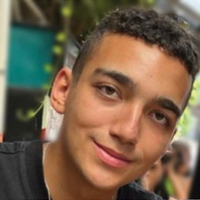









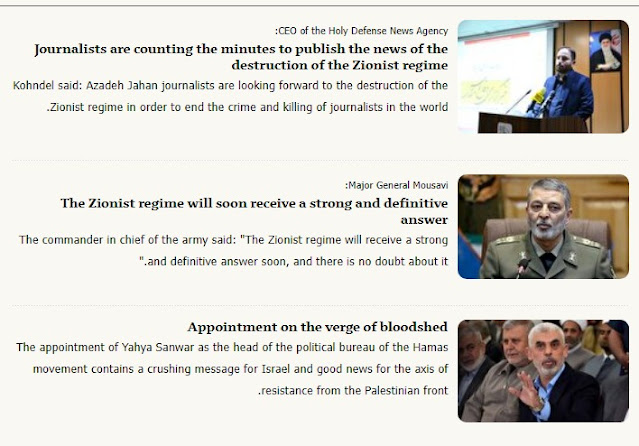



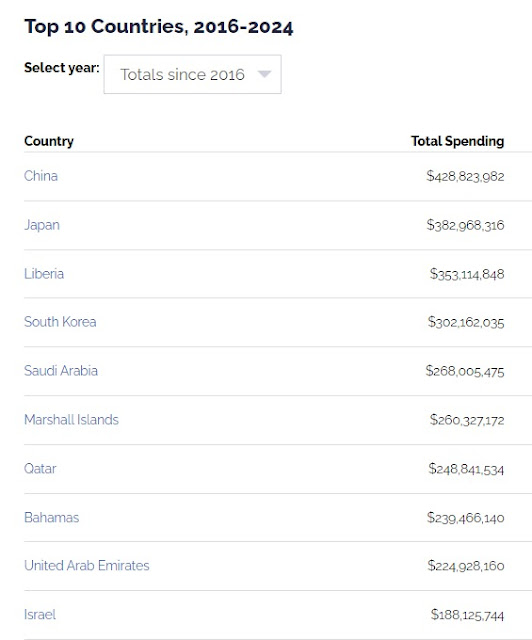
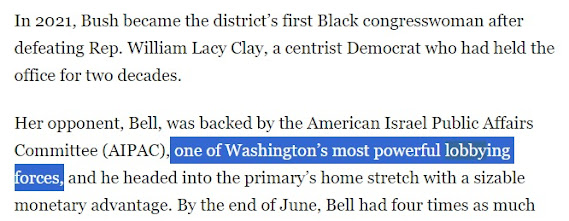


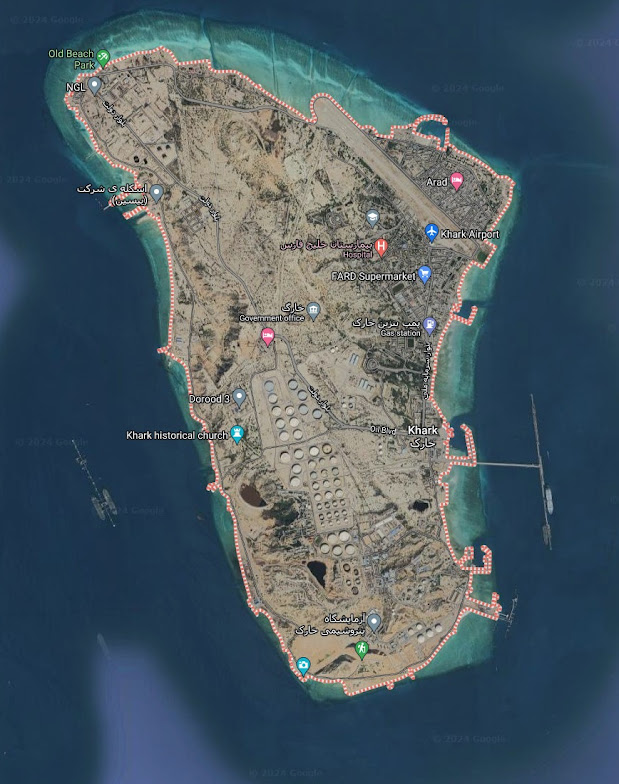
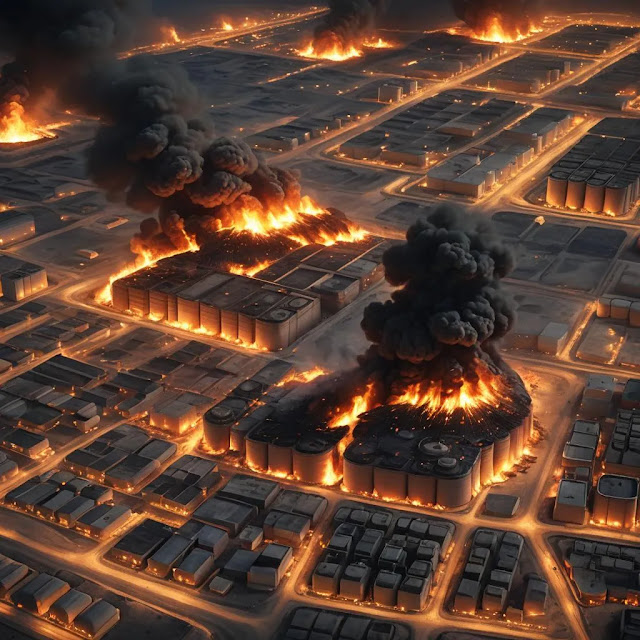
























.jpg)

